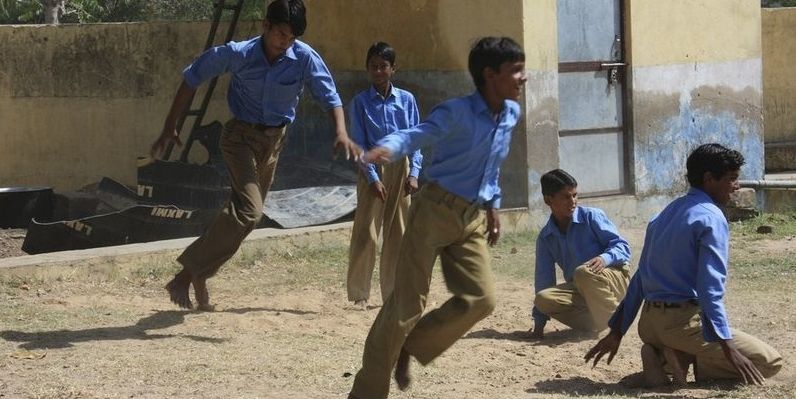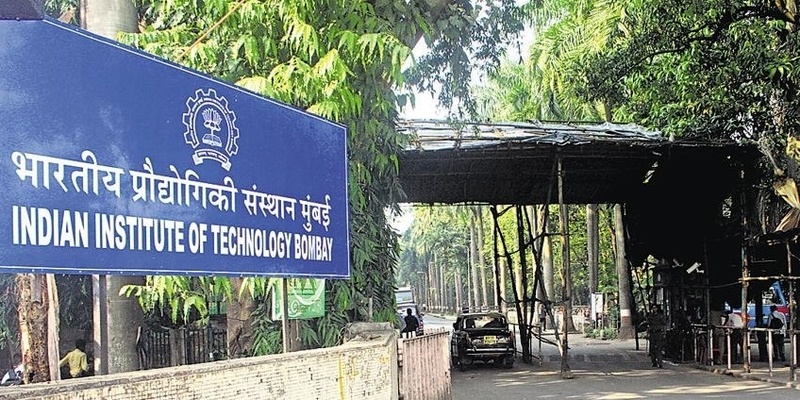Age Didn’t Stop Them, Art Carried Them : Ten Women Over 60 Make History in Bharatanatyam
In a quiet hall in Thrissur district, Kerala, an extraordinary moment unfolded that gently yet powerfully challenged long-held beliefs about age, ability, and artistic ambition. Ten women, all over the age of 60, stepped onto the Bharatanatyam stage for the first time in their lives. This was their arangetram, the traditional debut performance that often crowns the early years of a dancer’s journey. For these women, it marked not an early beginning, but a triumphant arrival after decades of waiting, doubting, and dreaming.Backstage Calm, Years of CourageBackstage on Saturday, the atmosphere was calm but charged with emotion. The women tied their hair, adjusted their costumes, and perfected their makeup with quiet concentration. Each gesture carried the weight of months of practice and years of suppressed desire. When they finally walked onto the stage, their movements reflected not just mastery of basic adavus but the discipline and patience shaped by life itself. Every step carried resilience, shaped by bodies that had learned to negotiate pain, stiffness, and fatigue, yet refused to surrender to them.The inauguration ceremony added a deeply human and emotional layer to the event. The dancers’ husbands joined them in lighting the ceremonial lamp, symbolising partnership, encouragement, and pride. It was not merely a ritual opening but a public acknowledgment of shared journeys of families that stood beside these women as they pursued something purely for themselves. In that moment, the stage reflected not just art, but companionship and quiet support built over years of shared life.From Folk Dance to Classical ResolveThe seeds of this remarkable journey were planted years ago at the Kuttanellur Hill Gardens Residence Association, where the women initially gathered to perform Thiruvathirakali, a traditional Kerala folk dance. What began as a social and cultural activity slowly sparked a deeper curiosity. Somewhere between rehearsals and conversations, a bold thought emerged: why not Bharatanatyam? The idea seemed almost impossible at first. Bharatanatyam is rigorous, demanding strength, flexibility, precision, and stamina. Age, they believed, stood firmly in the way.The Teacher Who Refused to Accept LimitsEverything changed with the arrival of dance teacher RLV Soumya Sujith. Initially invited to teach Thiruvathirakali, she saw potential beyond what the women saw in themselves. When she suggested Bharatanatyam, hesitation filled the room. Age, knee pain, physical limitations, and fear of failure dominated their concerns. But Soumya Sujith insisted. She believed that discipline and dedication mattered more than age. Her faith became the foundation upon which these women slowly rebuilt their confidence.Training After the Pandemic: Triumph After Three YearsFormal Bharatanatyam training began after the pandemic, marking a fresh chapter in their lives. Progress was slow and often painful. Simple tasks like holding mudras, maintaining posture, or sustaining balance tested their patience. Many suffered from knee pain and other age-related ailments. Yet, they made a conscious choice to endure discomfort in service of their art. Over three years of rigorous practice, they moved from tentative steps to confident choreography, gradually shaping their bodies and minds to the rhythm of classical dance.The Stage as a Mirror of LifeWhen the recital unfolded, the performance was not merely technical; it was deeply emotional. Each movement told a story of perseverance. The audience, filled with children, grandchildren, friends, neighbours, and local residents, watched not just dancers but mothers, grandmothers, homemakers, and retirees reclaiming a part of themselves. The applause that followed was not polite appreciation; it was collective pride. The dancers Anita, Deepa, Jophy, Laila, Marys, Pauline, Seema, Sheela, Shiny, and Sunitha had earned every moment of it.A Legacy of Willpower and GraceAs the final notes faded and the curtains fell, something lasting remained. These ten women did not just perform Bharatanatyam; they redefined what it means to begin. Their story is a reminder that dreams delayed are not dreams denied. With determination, guidance, and support, even the most daunting ambitions can find their moment. In Thrissur, ten women danced not just with their feet but with their life stories, and in doing so, inspired countless others to believe that it is never too late to step onto one’s own stage.



.jpg)

.jpg)